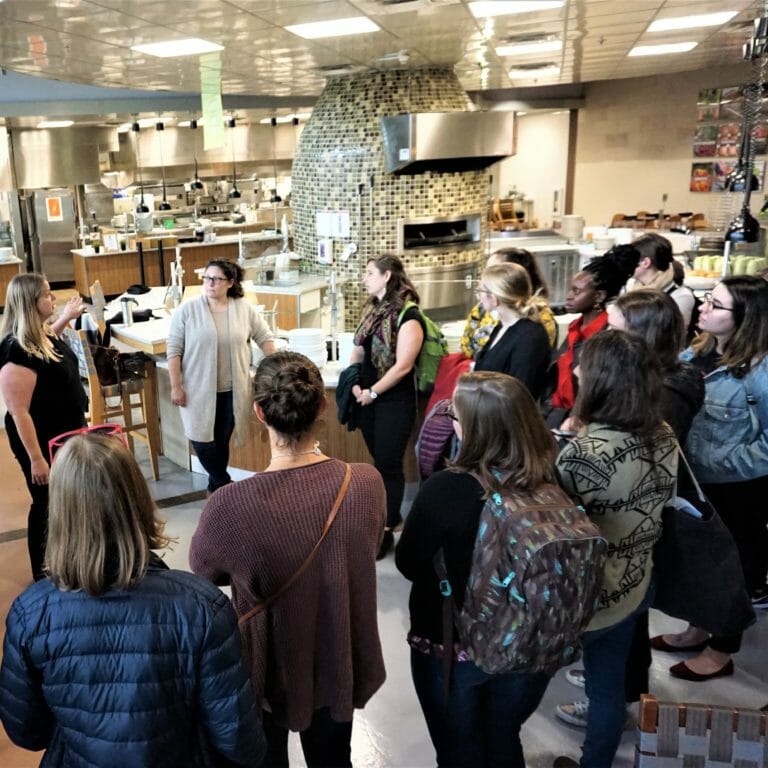
Engrained: A Model for Sustainable Dining at ASU
As we begin the final week of the spring semester it is interesting to reflect on the stark contrast between this year and the final week of classes from years
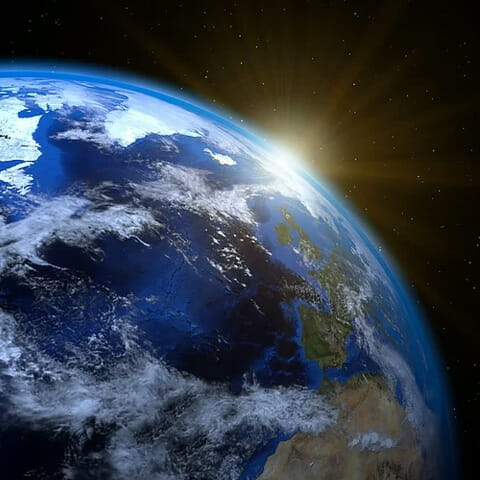
Global body needed to prevent pandemics
ASU Center for Biodiversity Outcomes Founding Director Leah Gerber was interviewed by ASU Now regarding her recently published Issues in Science and Technology op-ed titled “A Global Strategy for Preventing
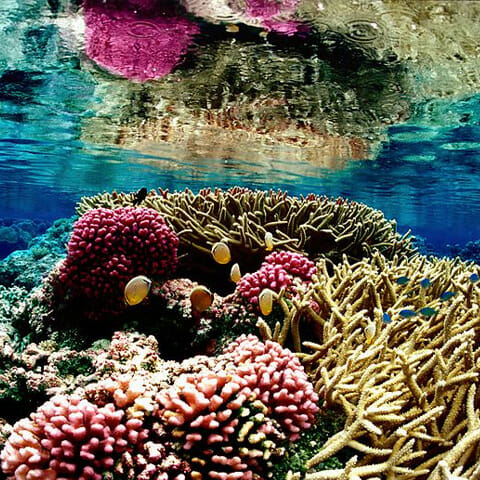
Human activities kickstarted the decline in Caribbean coral reefs
According to researchers, about half of Caribbean coral reefs have died since the 1970s, with the iconic elkhorn and staghorn corals being the hardest hit. However, climate change does not
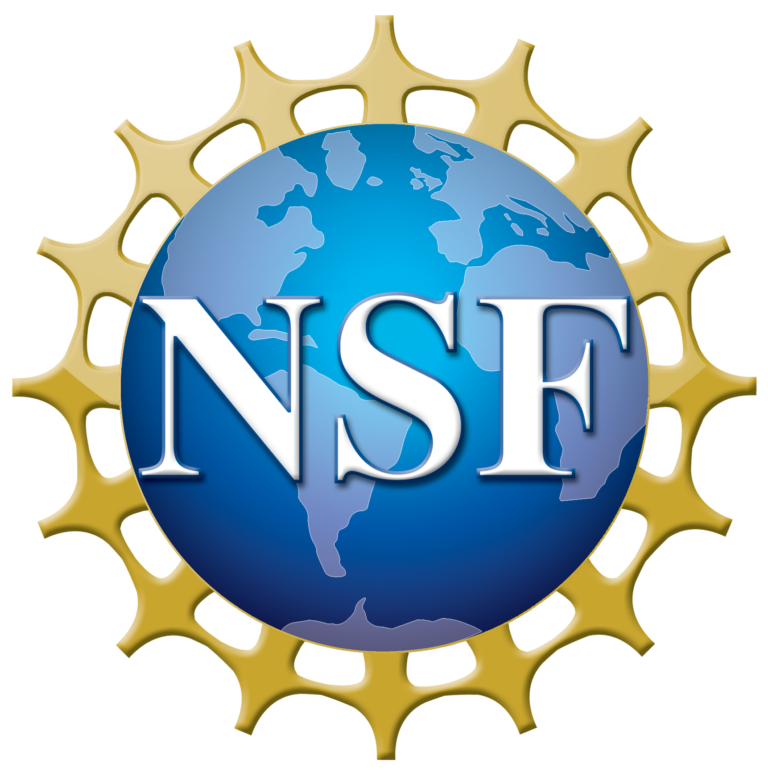
Webinar on NSF-approved formats for support documents
The 40-minute webinar provides policy guidance for new requirements that take effect June 1, along with a walk-through of the user experience and answers to some frequently asked questions.
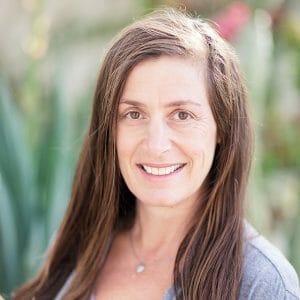
ASU expert proposes a biodiversity-focused solution to prevent zoonotic diseases
COVID-19 may have jumped from a wild animal market in Wuhan, China, to people. If so, it’s not the first deadly disease to spring from nature. Middle East respiratory syndrome
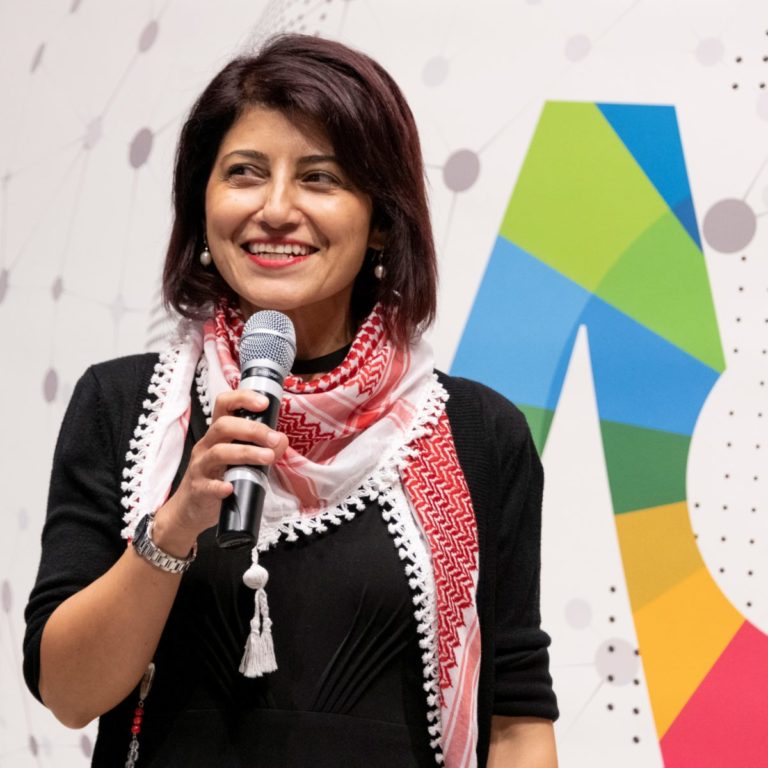
2018 WE Empower Challenge Impact: Hadeel Mustafa Anabtawi
As the 2020 WE Empower UN SDG Challenge application deadline — April 26th — approaches, we are excited to share the impact the Challenge has had on the five 2018
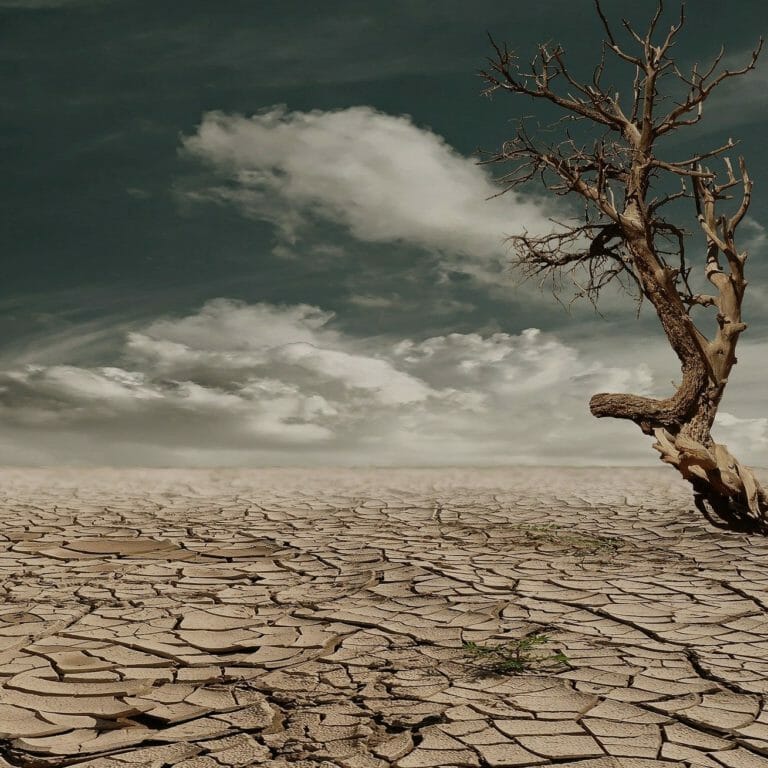
ASU Environmental Humanities Initiative is partner in Global Humanities Institute grant
The Environmental Humanities Initiative of the Institute for Humanities Research at Arizona State University is collaborating with the University of Texas Humanities Institute in a grant awarded by the Consortium of Humanities Centers
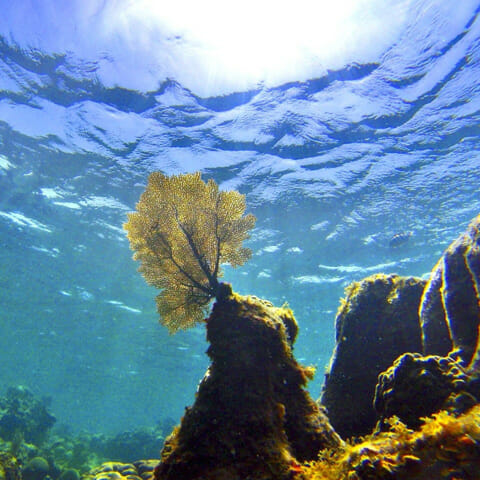
Coral decline began in the mid-1900s
ASU-Conservation International Assistant Research Professor Katie Cramer recently co-authored a paper in Science Advances titled the “Widespread loss of Caribbean acroporid corals was underway before coral bleaching and disease outbreaks.” The publication presented evidence
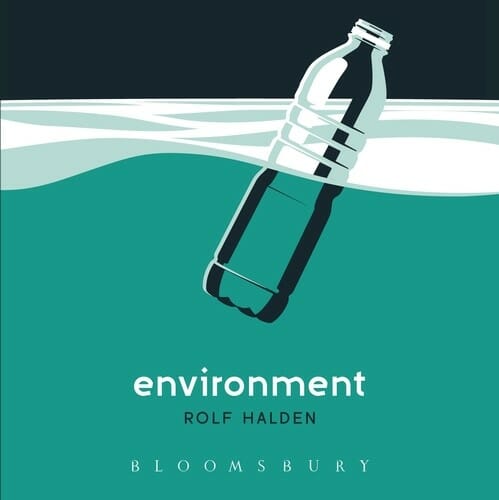
Halden: Humanity and ecosystems are inextricably linked
Sustainability scientist Rolf Halden’s new book, Environment, was the subject of a recent online event that drew over 200 attendees. The book explores our essential interconnectedness with our surroundings.
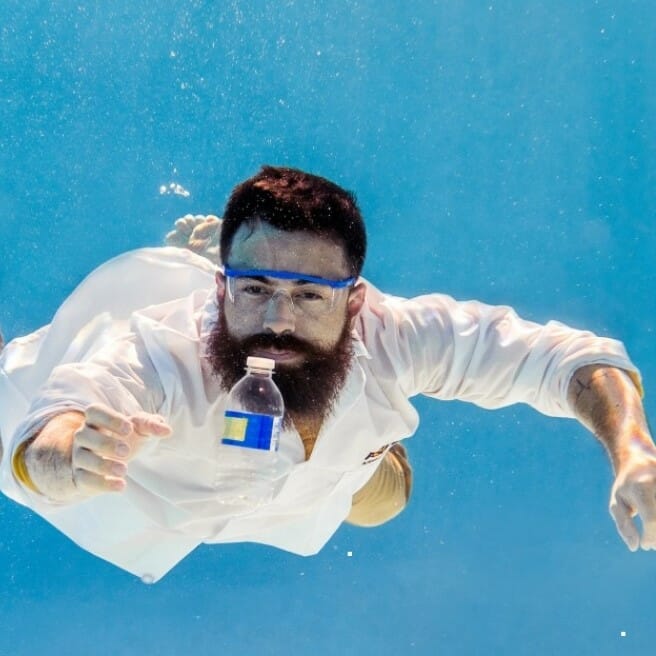
New KEDtalk: Swimming in plastic
An unfathomable amount of plastic has made its way into our oceans, but Charlie Rolsky believes we can make small changes in our lives to turn the tide of plastic pollution for
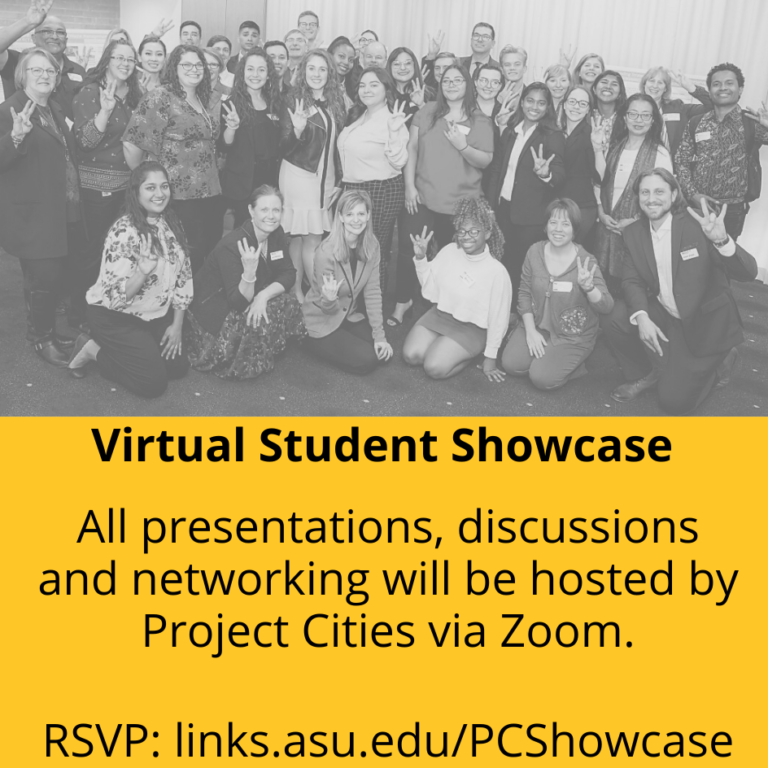
What makes a virtual showcase?
Our “News” feed is a great way to see how we’ve celebrated the students in Project Cities’ showcase events in the past. This semester we’re hosting our first-ever fully virtual showcase
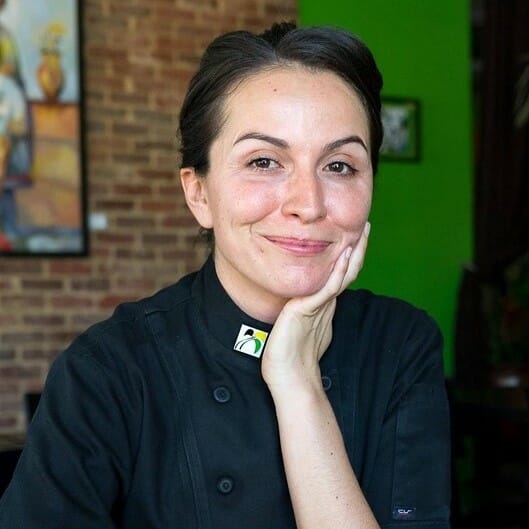
School of Sustainability alumna provides tips on reducing food waste
As we try to tackle the wicked problem of climate change, one of the biggest and most important hurdles is the transformation of our food systems. While that may sound